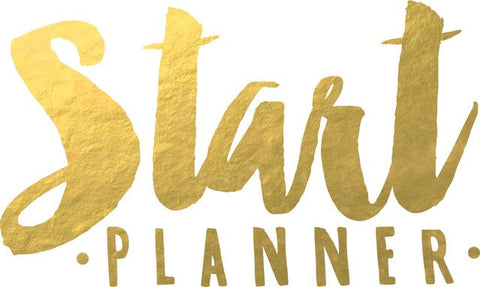Everyone Has A Game Plan.. Until They Get Punched In The Mouth
That quote doesn’t just apply to boxing; it applies to life. Things rarely go according to plan, but one way you can roll with the punches is by writing down your goals and referring to them when the going gets tough.
The Power of Written Goals
Writing down your goals serves multiple purposes. The first is that just by writing something down, you give it more importance in your mind. You make it a priority in your life, so you’re more likely to follow through on it. Otherwise, it’s just a daydream.
Where written goals really come in handy, though, is when you experience setbacks that threaten to take you off course. Fortunately, you aren’t going to be getting in the ring with Tyson, but there are still going to be challenges along the way that stand in the way of accomplishing your goals.
Let’s say that your goal is to lose 15 pounds and run the mile in under seven minutes. Ideally, the plan is for you to gradually drop the weight and decrease your mile time until you reach your goals. But then you sprain your ankle and can’t run for the next two weeks. You’re off track, now, and it would be easy to forget about your goals.
When you have those goals written down, you can look at them every day and keep your eyes on the prize, even if you aren’t able to follow your original game plan. By staying focused on your goals, you’ll find ways to adjust and continue going after them. Maybe you find that you can use an elliptical machine or ride a stationary bike in the meantime, until you heal. Looking at your written goals can be a great motivational tactic when the going gets tough.
How to Set And Write Your Goals
There are plenty of great options to write your goals at STARTplanner. Not only can you set goals, but you can also record your progress every day, ensuring that you stay on track. You want to keep track of your fitness goals, nutrition goals as well as your work and lifestyle goals.
The key with writing goals is to make them specific. Notice how in the example above, the goal wasn’t just to “get in better shape.” Better shape means different things to different people, and it’s hard to go after a vague goal.
You won’t even know when you’re there, because your standard could easily change. If your goal is to make more money, how much more do you want to make? Will you be happy if you find an extra dollar, or do you want to bump your salary up $10,000 this year? Make sure every goal you write is specific and you’re clear on how you can reach it.
Start with setting your main goal, and then figure out how you can achieve that goal, step by step. If you experience setbacks along the way, adjust your plan so you can handle them and continue making progress. To find planners that are specifically designed for writing goals, check out the STARTplanner Hustle collection.




Leave a comment